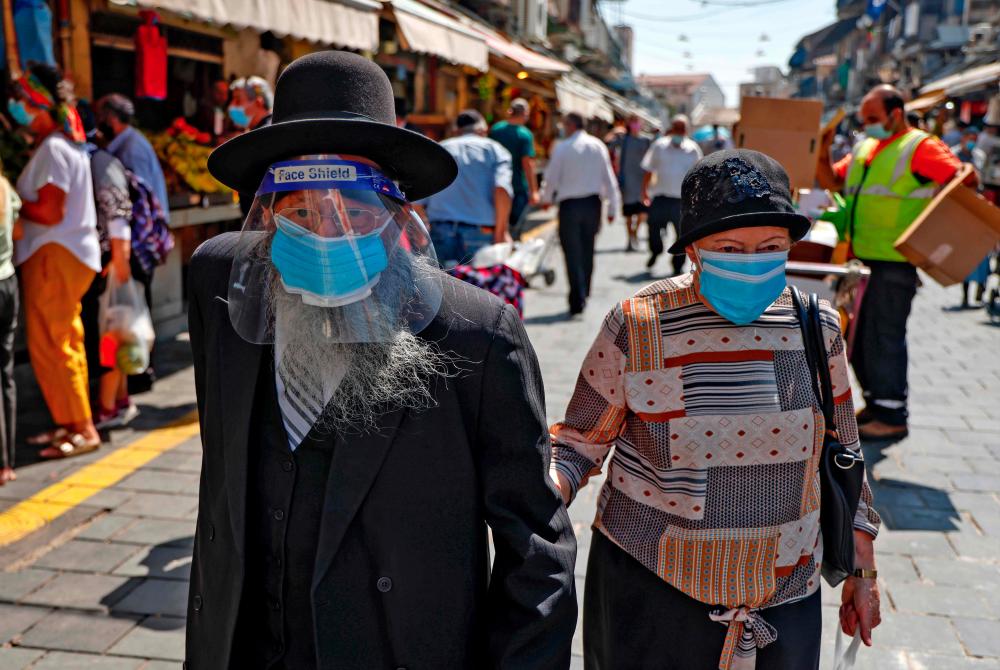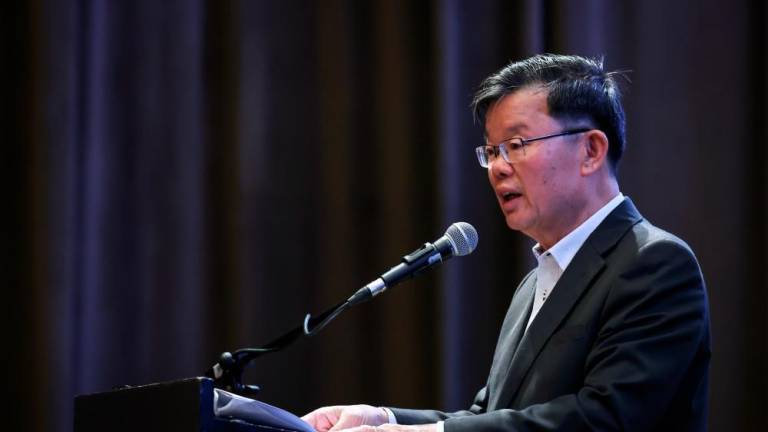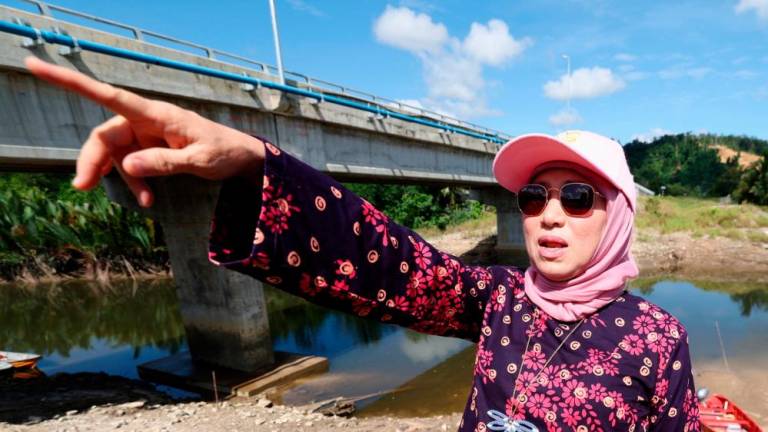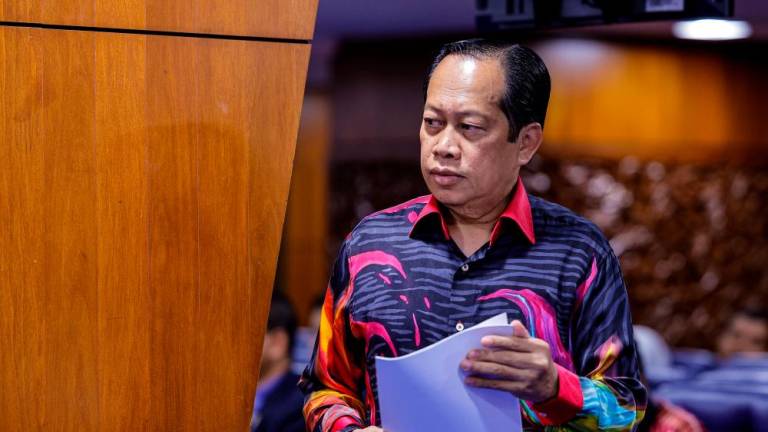JERUSALEM: Israel toughened its coronavirus measures on Thursday as a second nationwide lockdown failed to bring down the world’s highest infection rate a week after it was imposed.
The new rules will close the vast majority of workplaces, shutter markets and further limit prayers and demonstrations.
“Saving lives is our priority — we are living in a moment of national crisis,“ Prime Minister Benjamin Netanyahu said in a televised news conference late Thursday, justifying the decision to reinforce restrictions.
“The State of Israel will overcome the epidemic and we will emerge stronger,“ he added without detailing all the measures taken by his government.
The move comes as Israel is poised to enter the second week of a three-week lockdown imposed last Friday, which included the closure of schools and restrictions on work and leisure.
Under the new measures approved during a first reading by parliament on Thursday, only “essential” work will be permitted from 2.00 pm (7:00pm Malaysian Time) on Friday and synagogues will only be allowed to open on Yom Kippur, a Jewish holiday that begins Sunday afternoon.
At other times, only outdoor prayer with a maximum of 20 people in attendance will be allowed. The same restrictions have been applied to demonstrations.
A decision on whether to close Ben Gurion international airport outside Tel Aviv would be made later on Thursday, the government said.
“To save the lives of Israel’s citizens, we need to impose a full lockdown now for two weeks,“ Netanyahu said earlier.
“This is also necessary for the economy. Whoever thinks we can work with a raging pandemic, with death and infections rising, without it affecting the economy, is wrong.”
Israel has the world’s highest coronavirus infection rate per capita, according to an AFP tally from the past fortnight — more than 200,000 infections have been recorded, out of a population of nine million.
‘Massive destruction’
Hagai Levine, chairman of the Israeli Association of Public Health Physicians, said Netanyahu’s rush earlier this year to ease the lockdown set in place during the first wave of infections caused the current crisis.
“Once the rates went lower, Prime Minister Netanyahu told the public to go and have a good time,“ said Levine, an epidemiologist, who is part of the country’s anti-coronavirus taskforce.
“This is a wrong concept. Dealing with the current pandemic is like a marathon, and in a marathon you need to keep pace all the time,“ he said.
Levine also accused Netanyahu of basing his pandemic decisions on “political” rather than “professional reasoning”, which had a damaging effect.
“When there is no plan, no logic, the public loses its trust,“ he said.
Hospitals are under strain and several are having to turn people away, with some patients forced to wait for hours in ambulances, according to the emergency medical service Magen David Adom.
There are currently 4,454 medical personnel in quarantine, including 545 doctors and 1,080 nurses, according to the health ministry.
Levine warned that allowing synagogues to open during Yom Kippur would cause the virus to spread on a large scale.
“We are going to have massive destruction,“ he said.
Netanyahu has also faced fierce criticism from opposition politicians.
Opposition chief Yair Lapid described the tightened lockdown as “avoidable” and accused the government of “negligent and hysterical management of the crisis”.
“The government hasn’t presented any idea except for closing down the country — they don’t have a work plan beyond shutting people in their homes,“ Lapid said.
Ayelet Shaked, a lawmaker with the far-right Yamina party, said the new rules were “destructive and unreasonable” and accused the premier of being driven by a desire to put an end to weeks of protests outside his Jerusalem residence.
“Because of the demonstrations, they’re pushing hundreds of thousands of people to unemployment and crushing the economy,“ she said in a statement. — AFP














